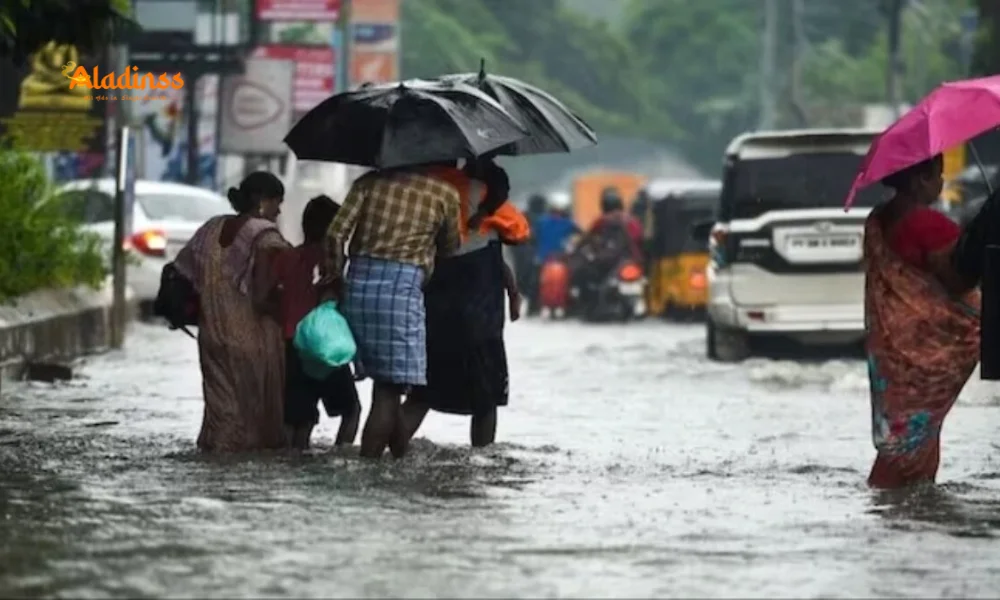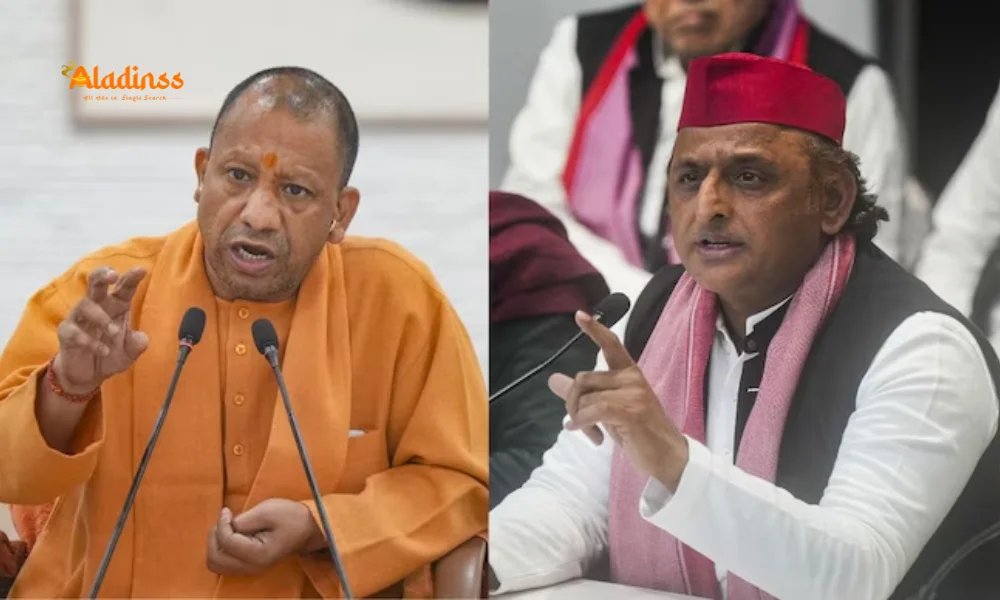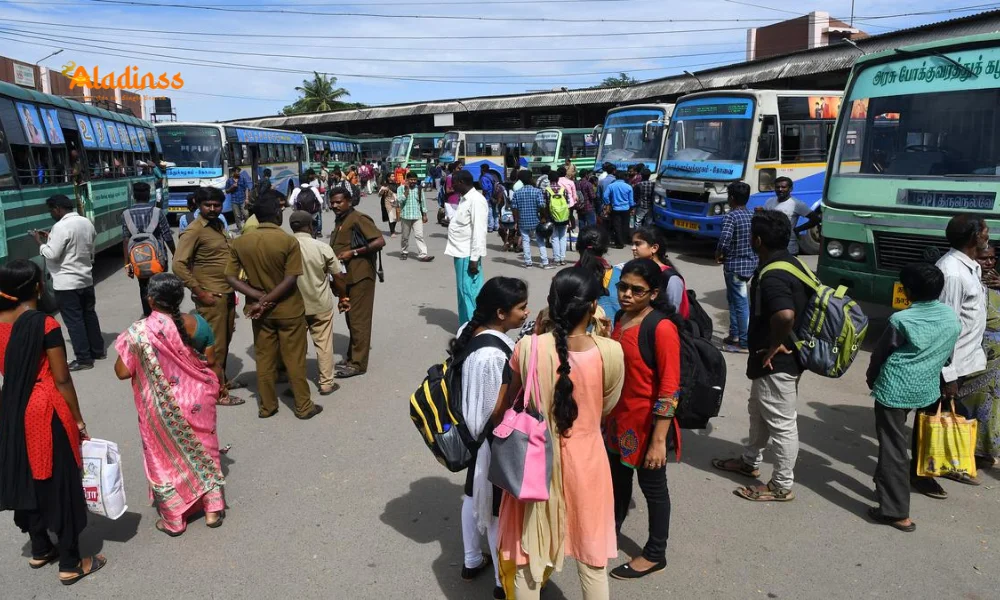Pakistan Labels Taliban 'Non-Legitimate'
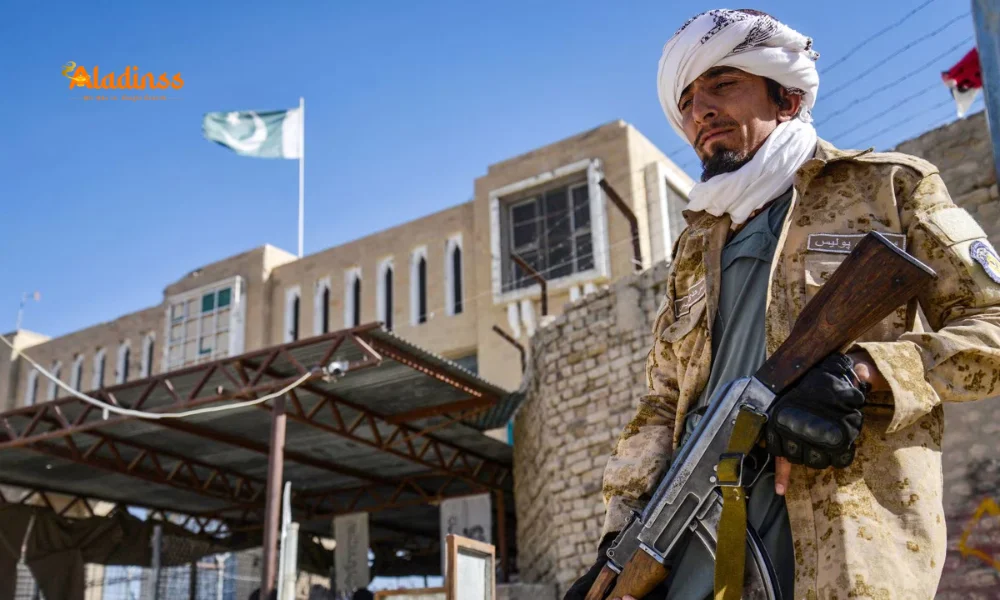
Pakistan Declares Afghan Taliban Regime 'Non-Legitimate' Amid Border Escalation
In a dramatic U-turn, Pakistan has labeled the Afghan Taliban regime as non-legitimate, diverging sharply from its 2021 endorsement of the group post-Kabul's fall. This Pakistan Taliban non-legitimate declaration follows intense border clashes on October 11-12, 2025, where Islamabad accused Kabul of sponsoring aggression to undermine bilateral ties. The Foreign Office's communiqué decried the attacks as violations of fraternal relations, vowing robust self-defense while minimizing civilian harm. As tensions simmer along the Durand Line, this shift signals a crumbling alliance, once pivotal to Pakistan's regional calculus against India.
Pakistan's statement highlighted repelling Taliban incursions, inflicting substantial casualties on fighters and their "Khwarji" allies-likely a reference to ISIS-Khorasan-while targeting terror infrastructure. It reaffirmed commitment to diplomacy but warned of decisive countermeasures to future provocations. This comes amid surging Tehreek-e-Taliban Pakistan (TTP) assaults, with over 800 fatalities in 2025, per Pakistani tallies, eroding Islamabad's leverage over its former proxies.
The reversal, per Indian intelligence insights, stems from pragmatic desperation rather than ideological pivot, as Taliban factions defy Pakistani sway. The once-influential Haqqani Network and Kandahari core under Hibatullah Akhundzada now prioritize autonomy, challenging Pakistan's strategic depth paradigm-a buffer doctrine envisioning a pliant Afghanistan to counter Indian encirclement.
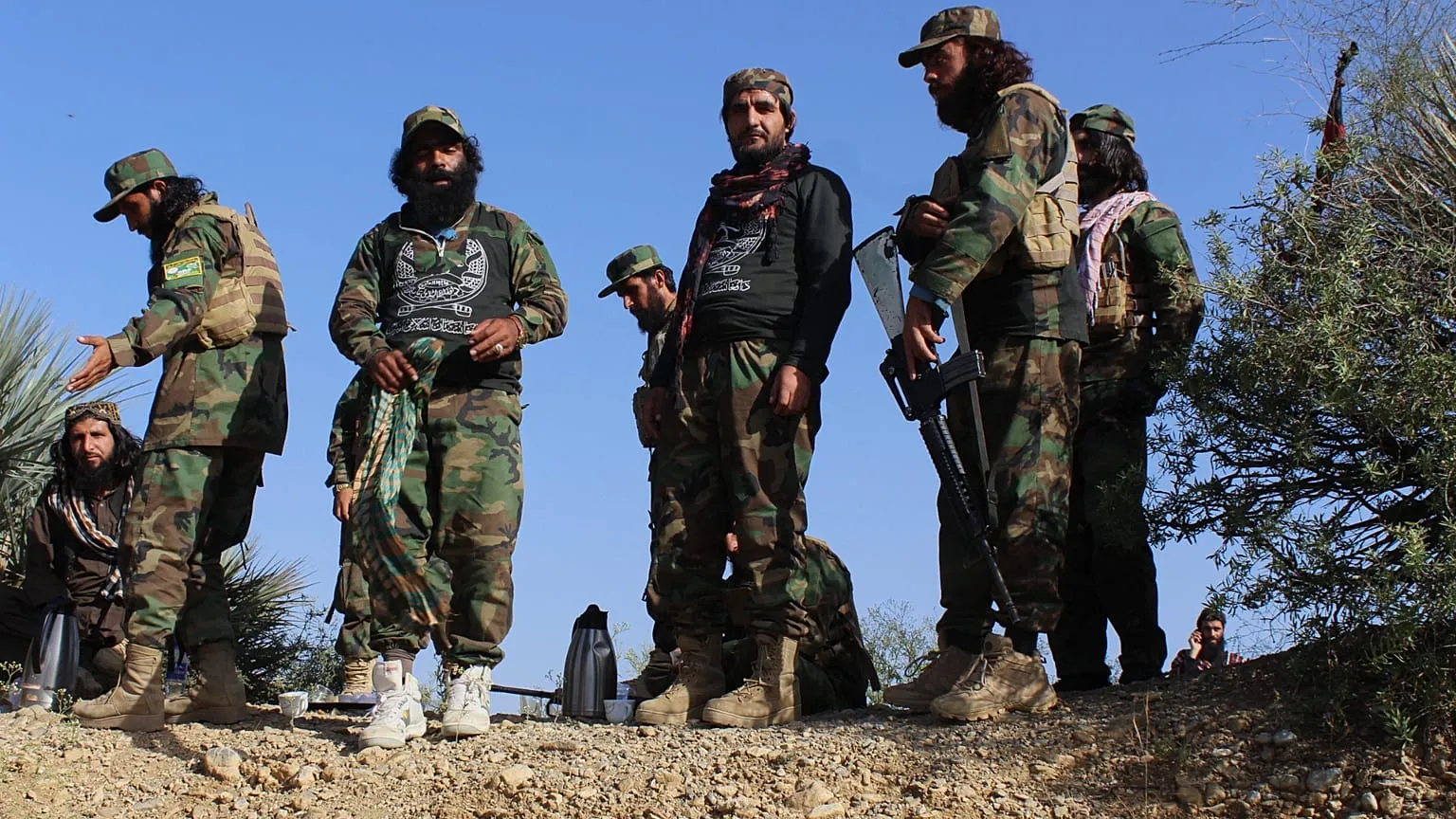
Border Clashes Spark Policy Reversal: From Endorsement to Estrangement
The October 11-12 skirmishes, the fiercest since the Taliban's 2021 ascent, saw crossfire claims of destroying outposts and heavy losses. Pakistan's narrative frames these as Taliban-orchestrated destabilization, echoing UN reports on Afghan soil harboring TTP and other militants. Kabul's denial and counter-accusations of Pakistani incursions into sovereign territory have deepened the rift, with Afghan Foreign Minister Amir Khan Muttaqi's recent India remarks-dismissing terror safe havens-branded "baseless diversions" by Islamabad.
This Pakistan Afghan Taliban clashes episode underscores a lost grip: Recall 2021's Serena Hotel optics, where ISI chief Faiz Hameed hobnobbed with Taliban brass, cementing Islamabad's midwife role in their takeover. Today, that patronage has soured, with TTP sanctuaries fueling 200+ attacks monthly, per South Asia Terrorism Portal data. The non-recognition stance aims to pressure Kabul into verifiable anti-terror actions, invoking Doha commitments against cross-border jihad.
Humanitarian overtones temper the barbs: Pakistan, host to 4 million Afghans over decades, pledges regulated repatriation per global norms, amid 1.3 million undocumented returns since 2023. This blend of security and compassion seeks to rally international support, positioning Islamabad as a responsible actor amid refugee strains.
Also Read: Gold Rate Today Hits New High at Rs 92,200
Strategic Depth in Tatters: Pakistan's Afghan Bet Backfires
Pakistan's strategic depth doctrine-forged in the 1980s Afghan jihad-envisioned a Taliban-led Kabul as a rearward sanctuary against Indian dominance. This calculus, embedded in military syllabi, justified covert support, from madrassa funding to safe houses for Haqqani operatives. Yet, post-2021, the Taliban's inward turn-enforcing Sharia isolationism-has boomeranged, with TTP exploiting porous borders for revenge against their "apostate" Pakistani kin.
Indian sources view this disavowal as deflection: Despite rhetoric, Sharif cabinet ministers like Defense's Asif Ali persist in Doha-Taliban huddles, betraying policy incoherence. The regime's branding as non-legitimate echoes Western hesitance, potentially isolating Kabul further and bolstering US sanctions calls. For Pakistan, it risks blowback-Taliban reprisals could inflame Khyber Pakhtunkhwa, where TTP controls 20% terrain per ISPR.
Broader ripples: China's CPEC corridors through Balochistan face heightened threats from Taliban-aligned militants, straining Beijing's $60 billion stake. Russia's overtures to Kabul for Central Asian gas routes sideline Islamabad, eroding its broker role.
Implications for Regional Stability: A New South Asian Flashpoint
The Pakistan Taliban non-legitimate declaration exacerbates a volatile trijunction: Afghanistan, Pakistan, and India. New Delhi, long wary of Islamabad's Afghan meddling, welcomes the fracture, bolstering Chabahar port ties with Tehran as an anti-CPEC counter. Yet, TTP's radicalization spillover threatens Kashmir, where Lashkar proxies eye recruitment gains.
UNAMA reports 1,200 civilian deaths in 2025 clashes, underscoring humanitarian tolls. Pakistan's repatriation push could displace 500,000 more, straining UNHCR resources and fueling EU asylum waves. Diplomatically, Islamabad's plea for an "inclusive" Afghanistan aligns with Quad calls, potentially thawing US ties post-Afghan withdrawal.
- India gains: Reduced Pakistani leverage in Kabul.
- China risks: CPEC security premiums rise 20%.
- UN pressure: Taliban isolation deepens on terror fronts.
- Refugee crisis: 4M Afghans face regulated exits.
As dialogue overtures persist, the Durand Line's ghosts haunt anew, demanding multilateral resets.
Historical Context: From Allies to Adversaries
Pakistan's Taliban tango dates to 1996's regime birth, with ISI fingerprints on Mullah Omar's caliphate. Post-9/11, duplicity reigned-public US ally, covert Taliban sustainer. The 2021 triumph, hailed by Imran Khan as "history's correction," soured swiftly as TTP resurged, killing 600 in 2022 alone.
Operation Zarb-e-Azb cleared border pockets, but Taliban reprisals via TTP proxies mounted. Recent fencing of 2,600 km Durand Line, 90% complete, symbolizes failed integration, with breaches fueling clashes. This non-legitimacy tag revives 1990s pariah status for Kabul, potentially spurring recognition debates at OIC summits.
For Afghans, it dashes hopes of Pakistani aid-$500M since 2021-exacerbating famine gripping 15M. The rupture, born of betrayal, reconfigures a proxy quagmire into open antagonism.
Path Forward: Diplomacy or Escalation?
Islamabad's olive branch-desiring a "prosperous Afghanistan"-hints at backchannel resets, perhaps via Doha Quartet. Yet, verifiable TTP dismantlement demands, per UNSC Resolution 2593, test Kabul's resolve. Pakistan's military, under Asim Munir, eyes kinetic options like drone strikes, risking wider war.
India monitors closely, leveraging SCO forums for neutral mediation. For the Taliban, defiance sustains ideology but invites sanctions, as women's rights curbs alienate even Saudi patrons. The non-legitimate label, while symbolic, could catalyze a representative Afghan polity, fulfilling Pakistan's wistful close.
In this frayed tapestry, dialogue's thread offers redemption, lest shadows of perpetual conflict engulf the Hindukush.
(Analysis synthesizes official releases and regional insights, tracking Pakistan-Afghan dynamics.)
Comment / Reply From
No comments yet. Be the first to comment!
